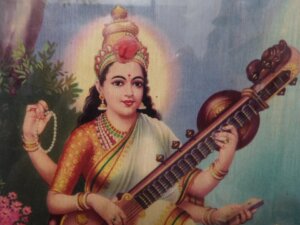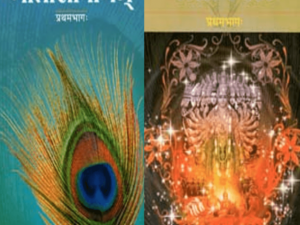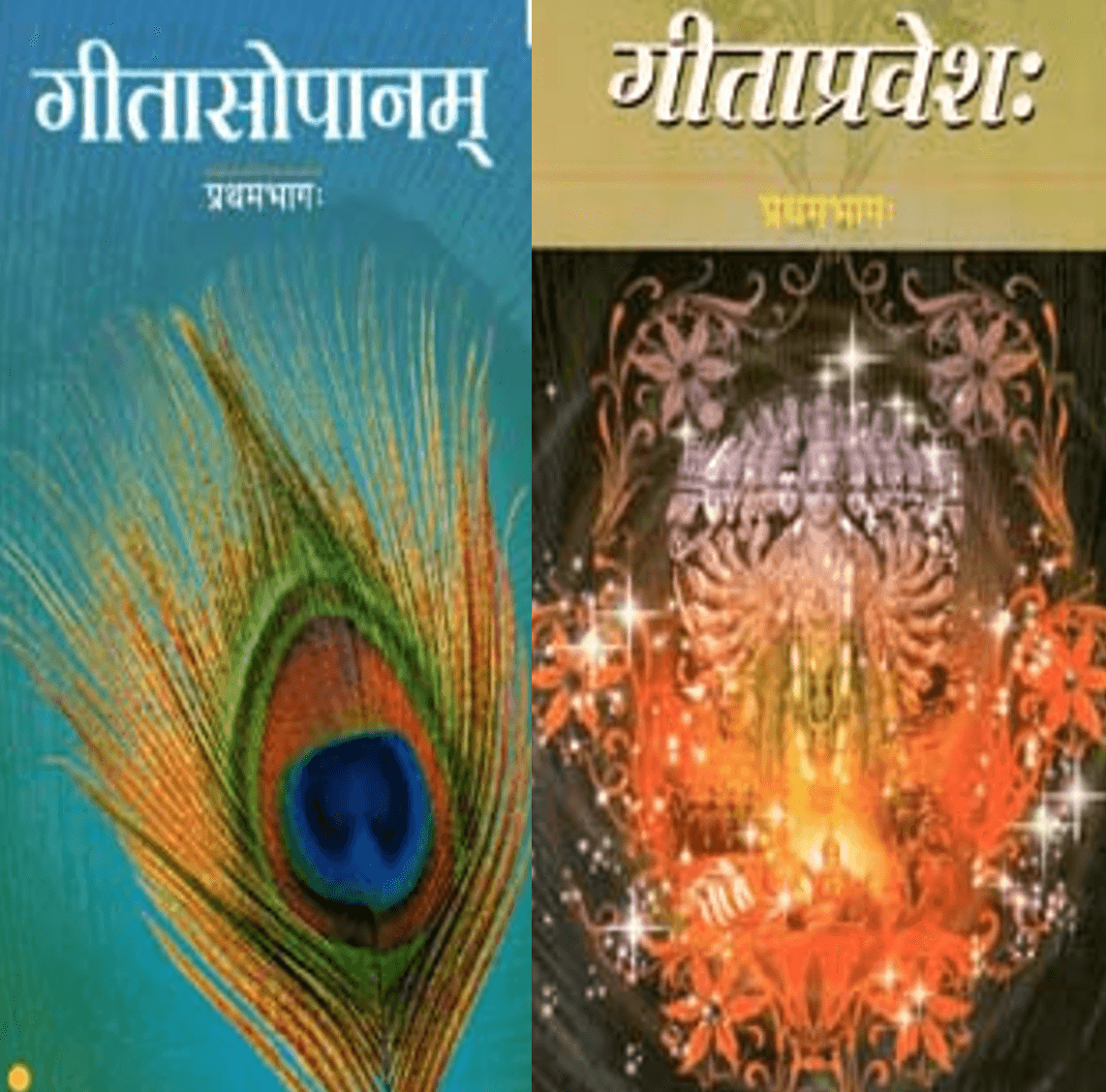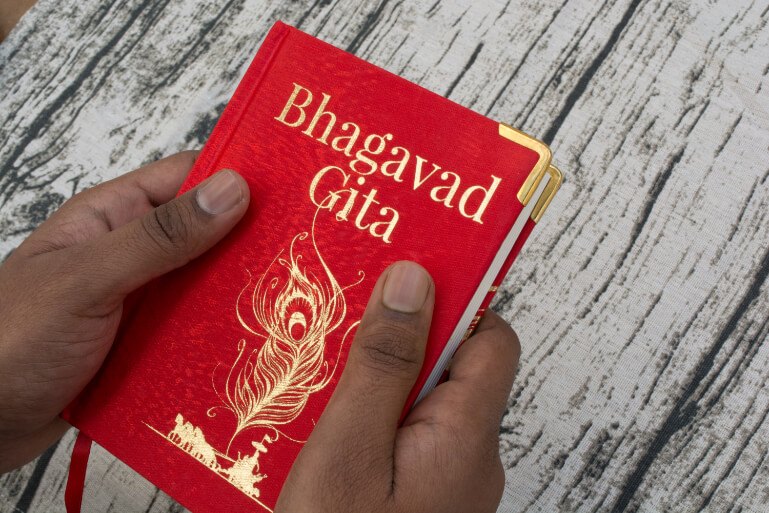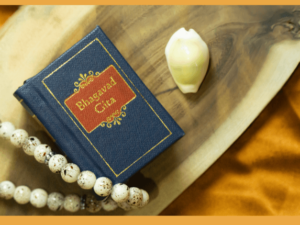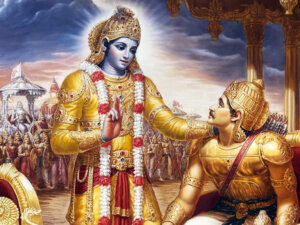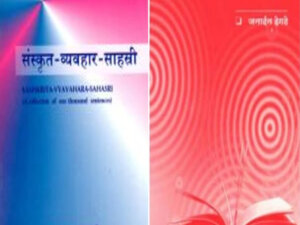Description
Sankhya Darshana through the Sankhya Karika – Part 2
Course content:
It is said, “na hi Sankhya samam gyanam, na hi yoga samam balam “i.e., There is no knowledge like Sankhya, and there is no power like Yoga. Sankhya Darshana was one of the earliest systems of thought that sought a permanent solution to the problems associated with the human condition i.e., birth-death, old age, disease, and sorrow. In seeking such a permanent solution, Sankhya developed a profound epistemology of the cosmos, and the place of the human being within that cosmos. Sankhya proposed that a proper understanding of the twenty-five Tattvas, i.e., the fundamental building blocks of the universe, would lead to a total and permanent solution to human suffering.
In this second part of two-course sequence, the principles of Sankhya philosophy will be taught through the Sankhya Karika of Ishvara Krishna. In the first course we shall study Karikas 31 through 72 deeply.
A karika is a technical name. It usually has two lines like the shlokas of the Bhagavadgītā. In the part 1, we have covered 1 to 30 Sankhya Karika. This course in the sequence will cover the remaining 42 Karikas. Students will gain new insights into Sankhya philosophy which is often erroneously labeled as a dualistic atheistic system by many scholars.
Prior knowledge of Sanskrit or Sankhya philosophy is not necessary to take this course. A PDF file of each karika with Devanagari and Roman script along with the word-meanings and brief explanations will be shared with the students. Additional supplementary reading material will also be provided in PDF form.
Course Learning Objectives:
In this course students will be able to:
a) Understand the fundamentals of Sankhya Philosophy.
b) Get a thorough grasp of the technical Sanskrit terms required.
c) Acquire the foundations to understand other texts also such as the Upanishads and the Bhagavadgītā.
d) Appreciate other schools of philosophy and be inspired to take a deeper study of Vedic systems such as Vedanta, Mimamsa, Yoga, Nyaya, and Vaisheshika.
e) Develop deep insights into the concepts of ‘mind’, ‘atma’, ‘ego’, ‘intellect’ and the creation of the universe.
Class Structure:
There will be a minimum of 1 contact hour of 90 minutes with one or more faculty every week. The class is structured in a way that promotes discussion and debate based on self-study and reflection each week. While the content being discussed in each class will be concluded within 60 minutes, the discussion time will be free format, and can continue for an additional 30 minutes maximum. Students will be expected to write small notes on the Karikas discussed. They need not be academic quality papers – but should be based on students’ self-reflection on what they have learnt and assimilated so far.
Area of Study: Hindu Studies Foundation
Program: Community Education Program
Required/ Elective: Elective
Prerequisites: Admission into program of study.
Faculty: Dr. Kuldip Dhiman
Start Date: July 13, 2023
End Date: September 21, 2023
Day: Every Thursday
Time: 09:00 pm EST – 10:30 pm EST (India – Friday 6:30 am)
Quarter Offered: Summer 2023










